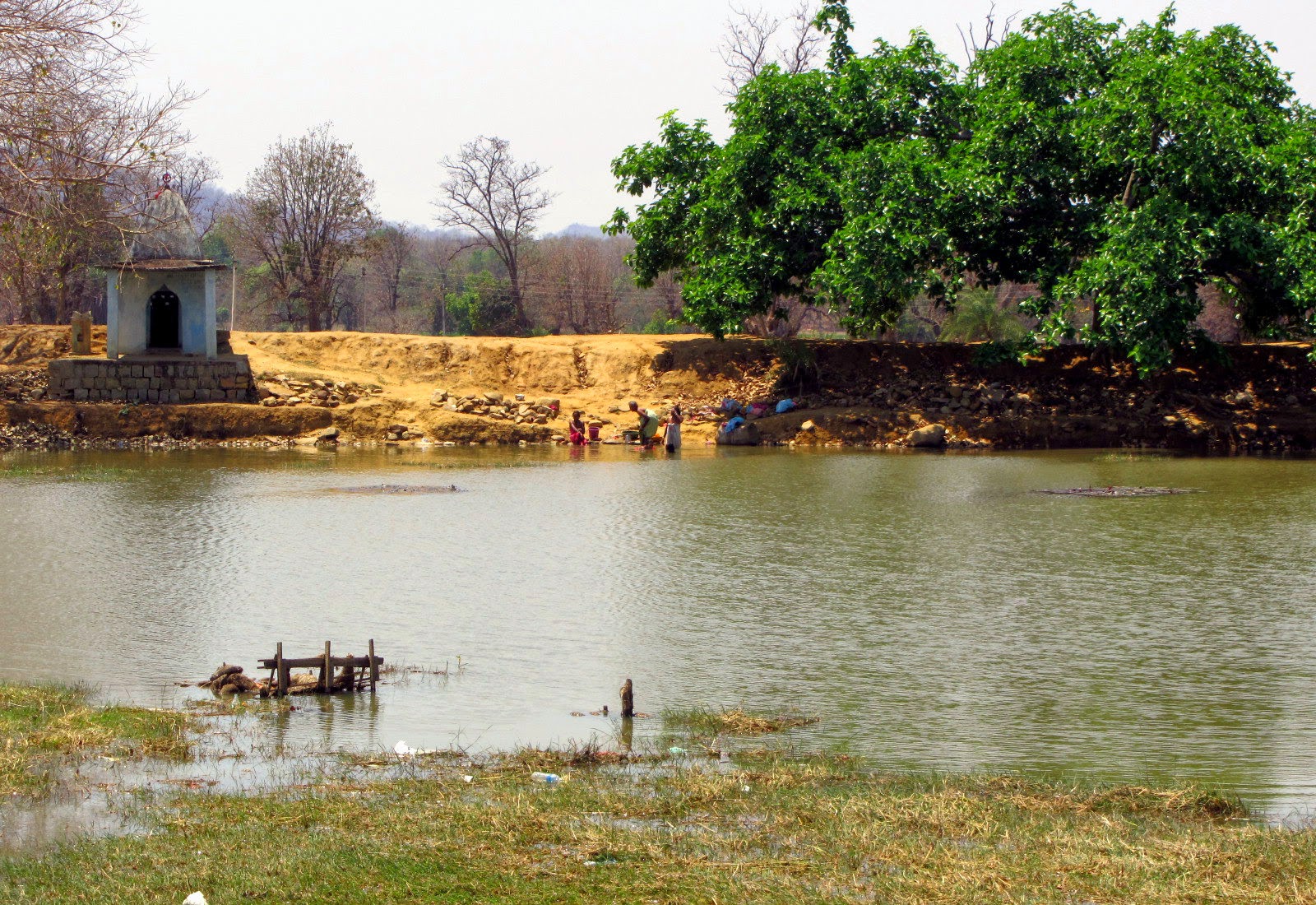Time flies. 2014 too flew away! But it was a kind year. It gave me opportunities to tell the stories that I CARED FOR. And it also got me the greatest of recognitions! Shared here are some of those moments and some of the stories that I told.
January: Telling the story of the forest women
The first month of 2014 took me to the Eastern Ghat mountains of India, to villages that are home to several primitive tribes including the Koyas and the Kondas whose livelihood depends on hunting and gathering herbs.
Here, in the dense forest, I met women who are turning entrepreneurs, using renewable energy. They use solar powered driers to dry their herbs and are selling the herbs to a clientele that includes large corporate houses! Here is one of their stories.
January: Telling the story of the forest women
The first month of 2014 took me to the Eastern Ghat mountains of India, to villages that are home to several primitive tribes including the Koyas and the Kondas whose livelihood depends on hunting and gathering herbs.
Here, in the dense forest, I met women who are turning entrepreneurs, using renewable energy. They use solar powered driers to dry their herbs and are selling the herbs to a clientele that includes large corporate houses! Here is one of their stories.





























